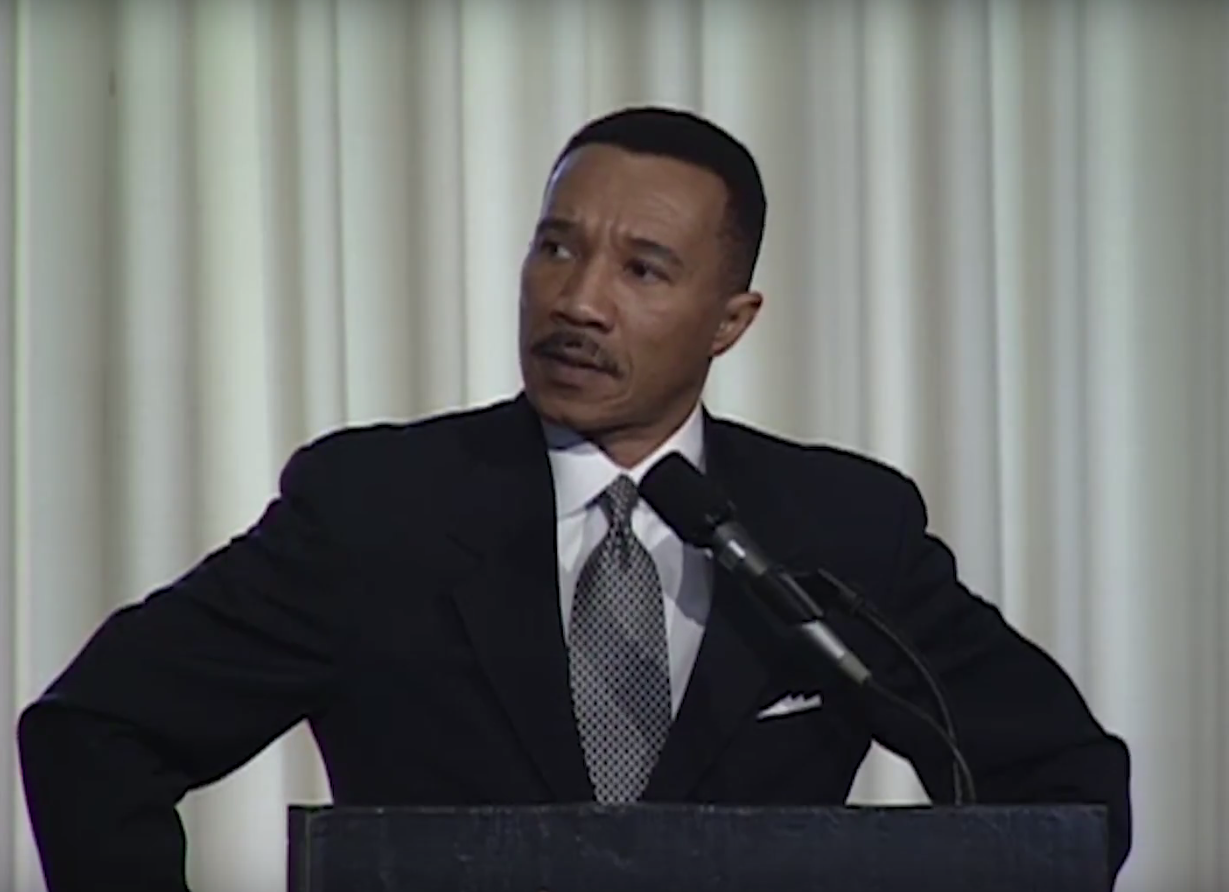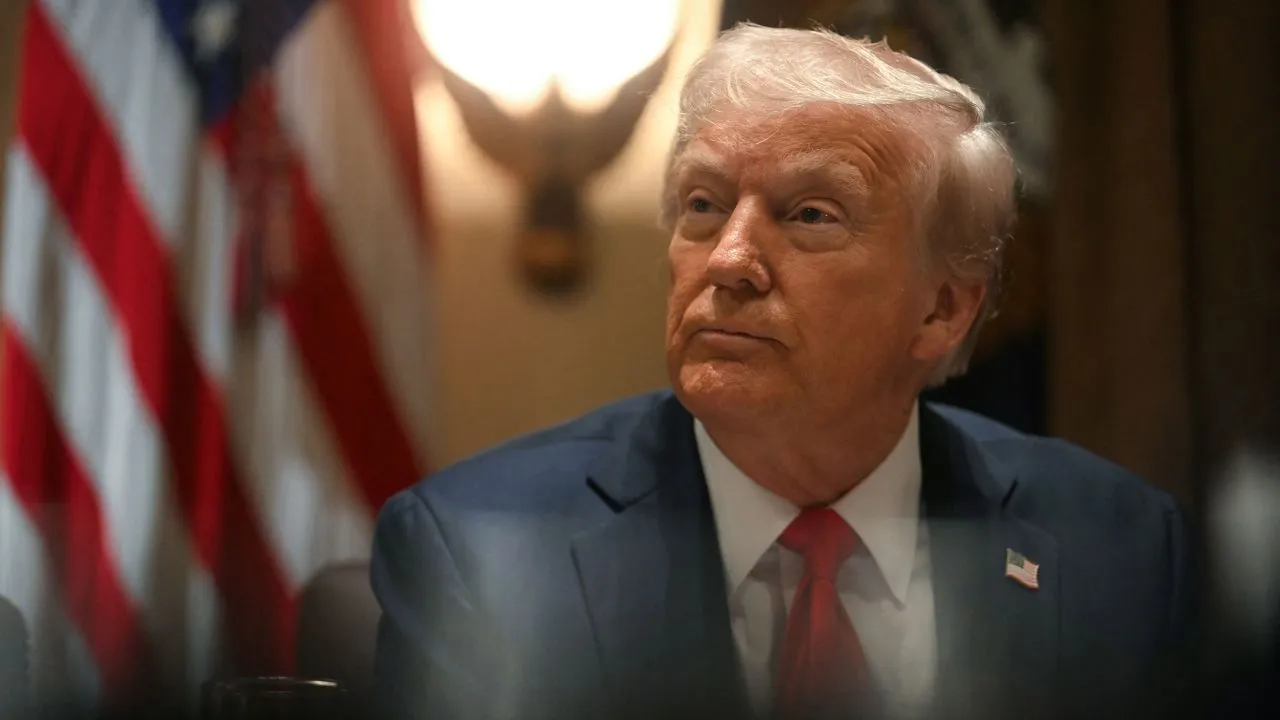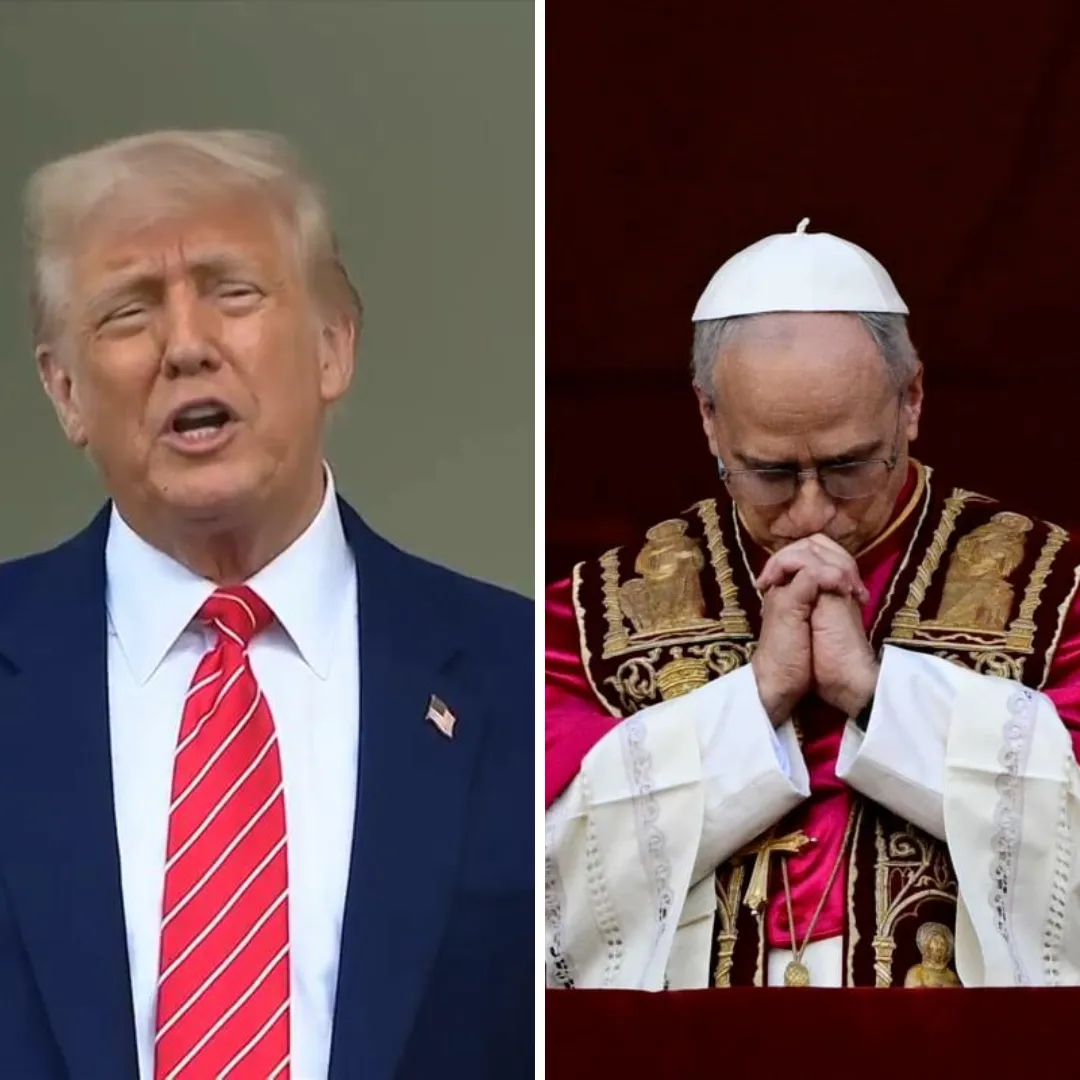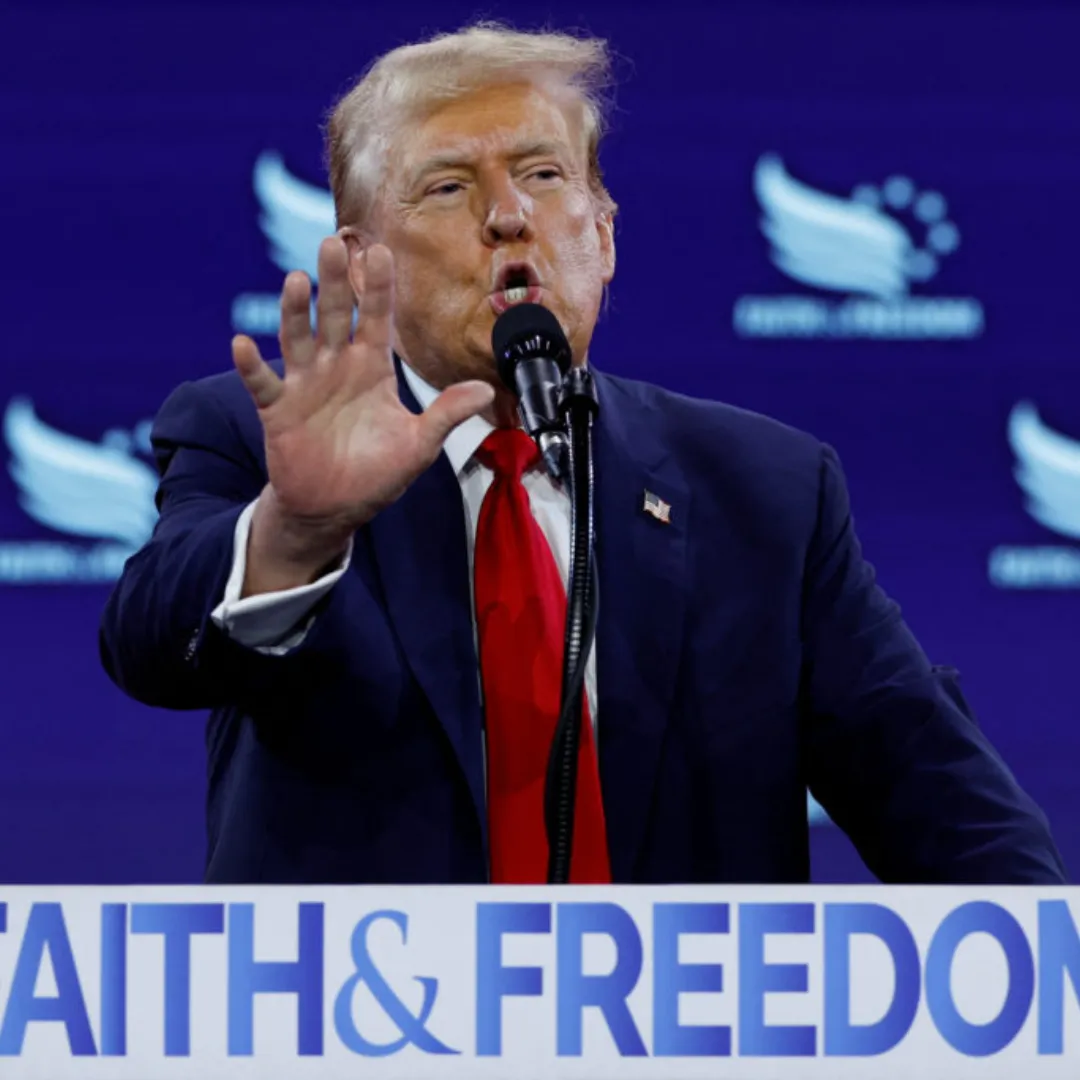
U.S. Rep. Kweisi Mfume, a Democratic congressman from Maryland, has made waves by calling for the arrests of President Donald Trump and entrepreneur Elon Musk, accusing them of violating the Constitution.
Mfume’s remarks, which he made public on Thursday, take aim at both men, claiming they are guilty of "assault and battery on the Constitution" due to their actions since Trump began his second term in office.
Mfume’s comments reflect a growing frustration among some Democrats who have criticized Trump for what they see as his "authoritarian" tendencies and his efforts to consolidate power in the executive branch.
Mfume, however, has taken this criticism a step further, urging that legal action be taken against the president and Musk for their roles in what he deems a blatant disregard for the Constitution.
In a follow-up interview with 11 News Investigates on Friday, Mfume doubled down on his call for arrests. He explained his reasoning, saying, "I think they’re both guilty of assault and battery on the Constitution. It may sound crazy or ludicrous, but they really are guilty of outright assault on the Constitution—assault and battery—and we deserve better than that."
Mfume argued that President Trump is directly violating Article I of the Constitution, which grants Congress certain powers that he believes Trump has unlawfully seized.
Specifically, he cited the president’s use of tariffs, a power traditionally reserved for Congress, and his efforts to dismantle the Department of Education, an agency created by Congress.
Mfume argued that Trump’s actions represent an unprecedented overreach by the executive branch, further straining the separation of powers that underpins the U.S. government.
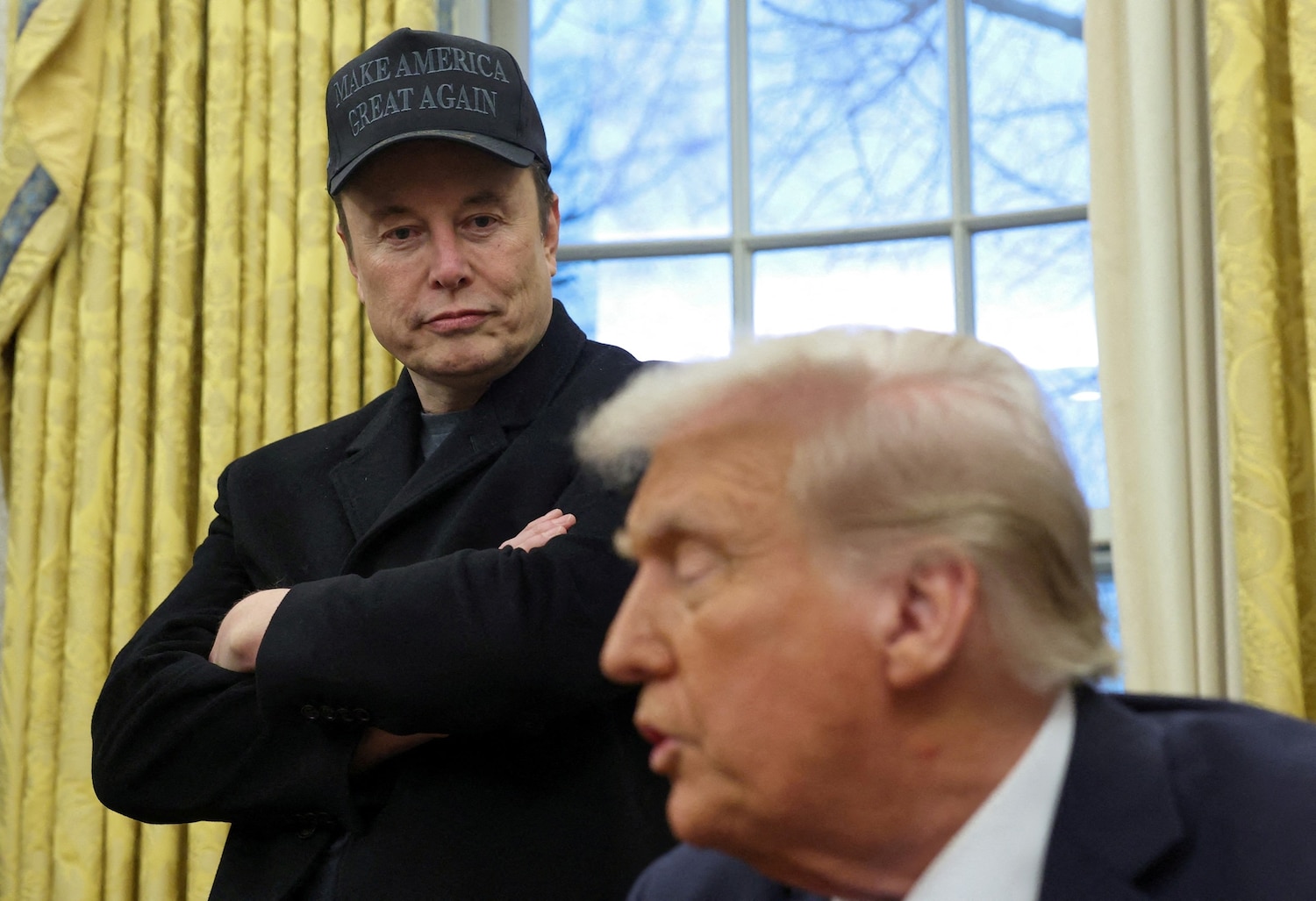
“We’re at a critical point right now, where people are being let go from jobs, where funds are being cut for research, where people are sick and can’t really get the kind of services they expected, and where kids, probably, are looking at this, wondering what is going on in this world?” Mfume said.
He emphasized the ripple effects that Trump’s policies are having on everyday Americans, from federal layoffs to cuts in vital services. For Mfume, these actions amount to a direct assault on the Constitution itself.
"So, every article that vests powers within the Congress has to be protected. Otherwise, we’re going to have a monarchy," Mfume continued. His warning highlights his belief that unchecked executive power could ultimately lead to a form of rule that undermines democratic principles.
When asked by 11 News Investigates about calls from some Democrats for stronger actions against Trump, Mfume defended his stance, pointing to the work that federal representatives have done to resist the president’s actions.
"Those of us here who are federal representatives have been in numerous efforts and working with workers across this country to speak out in rallies and demonstrations to push back," Mfume said.
"There have been almost 200 legal suits filed against this administration. So, that’s the pushback, and over 130 of them have been sustained through injunctions or temporary restraining orders."
Mfume’s comments suggest that while some Democrats may advocate for stronger measures, such as arresting Trump, others are focusing their efforts on legal avenues to hold him accountable.
The reference to ongoing legal battles underscores the challenges facing the opposition as they work within the system to address what they perceive as overreach by the executive branch.

While Mfume’s call for arrests has drawn attention, not all Democrats have gone as far. U.S. Sen. Chris Van Hollen, also of Maryland, has voiced his agreement with Mfume’s concerns about Trump’s actions but cautioned against the escalation of rhetoric.
Van Hollen acknowledged that Trump’s actions have violated the Constitution, particularly regarding the separation of powers, but expressed hesitations about the idea of arresting political opponents.
"I have been very disappointed in Republicans in the Senate, the House, who have been absolutely AWOL when it comes to defending the Constitution, including Article I," Van Hollen said in a statement to 11 News Investigates.
He emphasized his frustration with the lack of accountability from Republicans, pointing to their failure to stand up against what he views as constitutional violations by the Trump administration.
However, when asked whether it was appropriate to call for the arrests of political figures like Trump and Musk, Van Hollen took a more cautious approach. "I’m focused on my approach here. My approach has been to fight this out in the courts," he said.
Van Hollen emphasized that legal action is the proper path forward to hold the president accountable for his actions, especially as cases involving Trump’s alleged misconduct continue to work their way through the judicial system.
Van Hollen also brought up a specific case where Trump defied a Supreme Court ruling regarding the deportation of an individual named Kilmar Abrego Garcia, underscoring his point that the president must be held accountable for actions that disregard the Constitution.
The case involves the U.S. Immigration and Customs Enforcement (ICE) admitting that Garcia, who had been living in the U.S. illegally since 2011, was mistakenly deported to El Salvador.
The Supreme Court ruled that Trump’s actions in this instance violated constitutional rights, yet the president’s failure to comply with the ruling remains a point of contention.
Despite the political tensions, the legal landscape remains central to the discussion about Trump’s conduct. The White House has defended Trump’s actions, citing the powers vested in the executive branch, while opponents continue to argue that his policies and behavior are undermining the very foundations of American democracy.
The legal battles surrounding Trump’s presidency have been marked by numerous lawsuits, injunctions, and temporary restraining orders. Many of these legal actions focus on issues such as the president’s use of executive power, his handling of immigration policy, and his interference with independent agencies.
While some of these cases have resulted in temporary setbacks for Trump, the broader question of how the courts will ultimately handle the constitutional issues raised by his administration remains unanswered.
For Mfume, the question is one of justice and fairness. "The President would like to end this nation’s long history of independent agencies, so he’s chosen to ignore the law and pretend independence doesn’t exist," Mfume wrote on social media.
"I’ll see him in court." His determination to challenge what he sees as an unlawful presidency highlights the ongoing battle between the executive branch and those who believe it is overstepping its constitutional boundaries.
As Mfume and Van Hollen’s statements reveal, the fight over Trump’s disregard for constitutional limits is far from over. While some Democrats advocate for more drastic measures, such as arrests, others believe that the proper course of action is through the courts.
The future of constitutional integrity in the U.S. hinges on how these legal challenges unfold and whether Trump’s actions are ultimately deemed to be violations of the law.
In the meantime, the political divide over how to respond to Trump’s presidency continues to widen, with some calling for stronger actions while others argue that the legal system should be allowed to work.

Rep. Kweisi Mfume’s call for the arrests of President Donald Trump and Elon Musk represents a growing frustration among some Democratic lawmakers with what they see as a disregard for the Constitution by the president and his allies.
Mfume’s strong language underscores the deepening political divide, as Democrats and Republicans continue to clash over the balance of power between the branches of government.
While the legal path may seem like the proper route for some, others like Mfume are pushing for more immediate and decisive actions to hold Trump accountable.
With legal battles ongoing, the future of Trump’s presidency and his legacy remains uncertain, as the nation watches to see how the courts will handle the constitutional questions raised by his actions.
